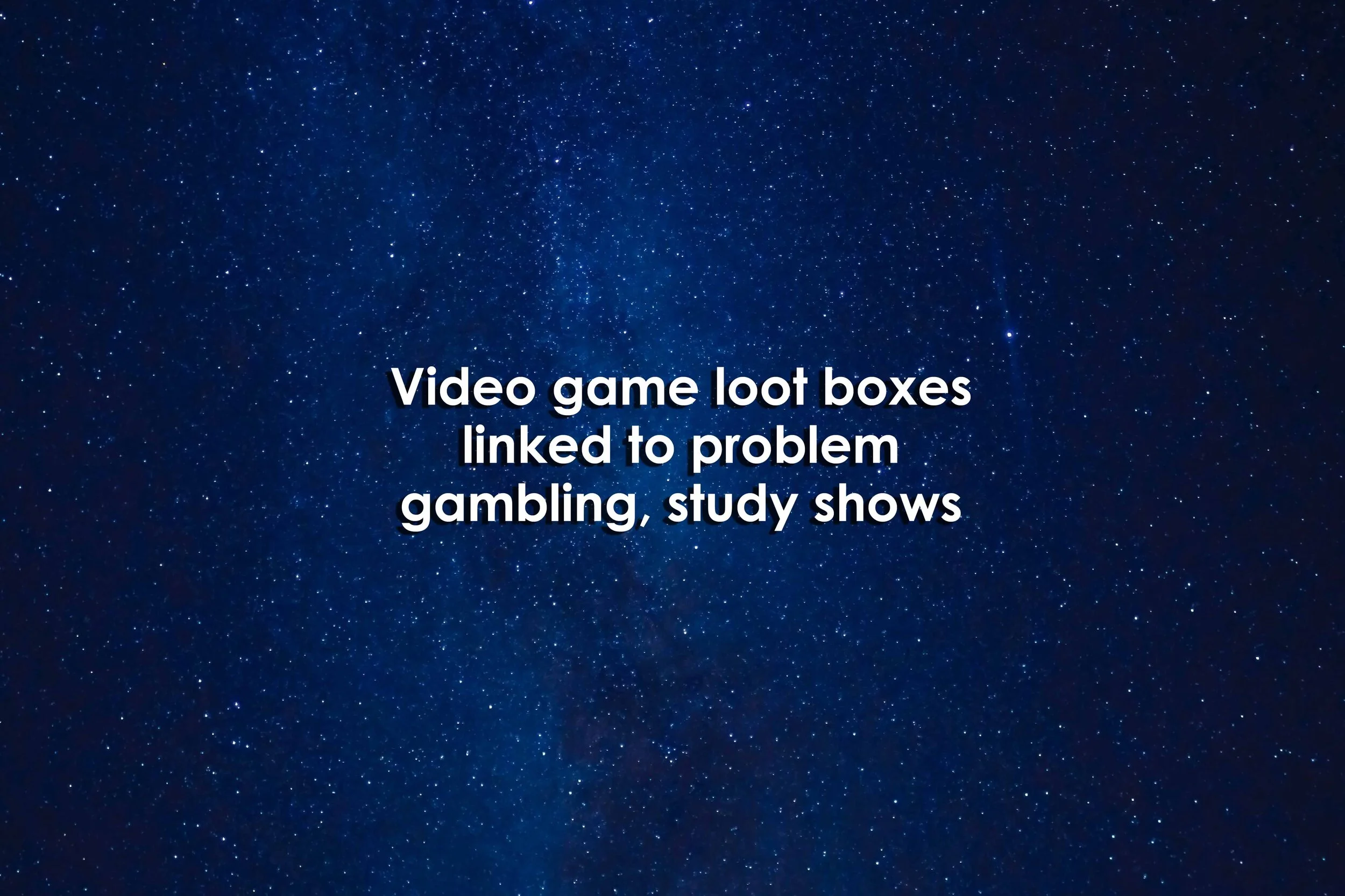Video game loot boxes linked to problem gambling, study shows
Video game loot boxes linked to problem gambling, study shows
Video game loot boxes linked to problem gambling, study shows
By Robbie Davis
April 1 2021
Summary
Loot boxes, video game features used by nearly 40% of children, have clear links to problem gambling, according to a study that has reignited calls for them to be regulated as betting products.
All but one of the studies showed a clear correlation between the use of loot boxes and problem gambling behaviour, under the commonly-used Problem Gambling Severity Index measure.
Approximately 5% of loot box users generate half of the £700m that video games companies make from them each year and about a third of that group are problem gamblers, the report says.
Despite growing concern about their characteristics and rising popularity, loot boxes remain unregulated in the UK, whereas countries such as Belgium have deemed them to be gambling products.
GambleAware, the leading gambling charity that commissioned the report, also backed tighter regulation.
"[] We are increasingly concerned that gambling is now part of everyday life for children and young people," said the chief executive Zoë Osmond.
"GambleAware funded this research to highlight concerns around loot boxes and problem gambling, ahead of the upcoming Gambling Act review."It is now for politicians to review this research, as well as the evidence of other organisations, and decide what legislative and regulatory changes are needed to address these concerns.
The government has said it will consider classifying loot boxes as gambling, as part of its ongoing review of the sector.
A spokesperson for Ukie, the video games trade body, said: "The UK games industry has already taken action in regards to concerns around loot boxes.
"Probability disclosures has already been introduced to the major game platforms; a new paid random item descriptor was added to the PEGI age rating system in 2020 to inform players of their presence; settings and tools on all major game devices - and in a number of leading games - already allow players to manage, limit or turn off spend."
Reference
Davis, R. (2021, April 01). Video game loot boxes linked to problem gambling, study shows. Retrieved July 14, 2021, from https://www.theguardian.com/society/2021/apr/02/video-game-loot-boxes-problem-gambling-betting-children


